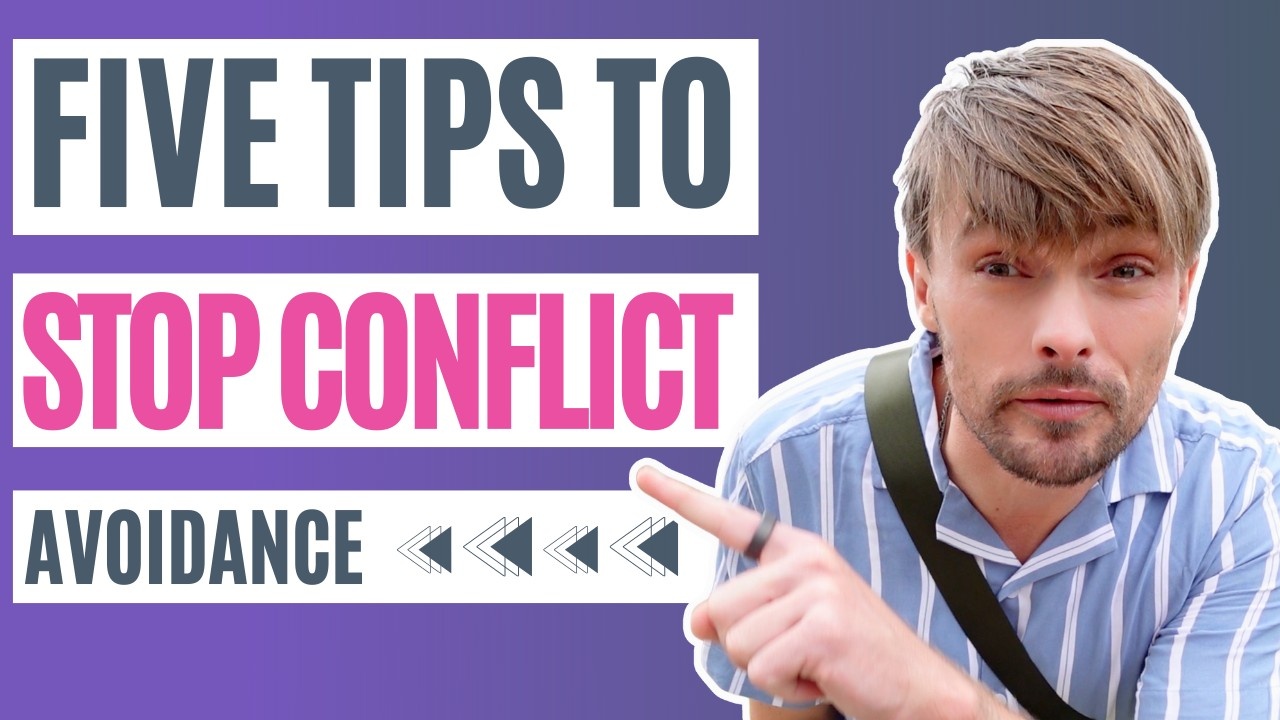Unresolved Conflict In Relationships & Conflict Avoidants
Jul 10, 2022
Conflict Avoidants are those in a relationship who intentionally or unintentionally refuse to address issues and disagreements in the relationship. Usually there is a fear of anger or upsetting the other partner, that is routed in childhood or anxiety. The conflict avoidant might be doing this genuinely out of care, but unresolved conflict is a serious problem in relationships, as resentment will build and emotional distance increases.
What Is Conflict Avoidance?
Conflict avoidants usually don’t want to hurt their partners’ feelings, or upset them, and end up avoiding talking about important wishes, concerns, or annoyances. Someone who avoids conflicts does not want to rock the boat for fear of confrontation, and they end up ignoring their own thoughts, concerns, feelings and wishes. As a result the couple never resolves any conflict so resentment can go for years without being looked at and healed.
How Does Conflict Avoidance Impact Relationships?
One of the biggest problems couples I work with in my Private Practice is rooted in unresolved conflict.
When conflict is avoided or if it goes unresolved, an emotional distance that starts to grow between two people. The longer it is left untreated, the more likely it is to become infected. Inevitably our uncared-f emotional wounds and unresolved feelings fester to the point of being able to destroy a relationship. Couples come to my office showing me the tell-tale signs of this, describing an increase in the frequency or intensity of arguments and a lack of connection.
How To Deal With Conflict Avoidance
If you are conflict avoidant, or are in a relationship with someone who avoids talking about the big issues, you should not let this go, there are some tips the video, but I suggest taking this problem very seriously, perhaps even consider counseling or therapy.
Part of the solution is providing a script to the conflict avoidance, particularly if they literally don't know how to deal with a disagreement. We all have to learn our words from the world around us, ideally from our caregivers and parents. If they were not particularly good at conflict resolution, or were violent or aggressive, we definitely would not have internalized a way to talk about disagreements or differences of opinions. The scripts in this video are a start.
The bigger issue is teaching the conflict avoidant to manage their sometimes extreme anxiety that comes up around conflict. This is harder to help someone with over video and worksheets, so it might be helpful to get the help of a professional such as a licensed marriage and family therapist or psychologist.

